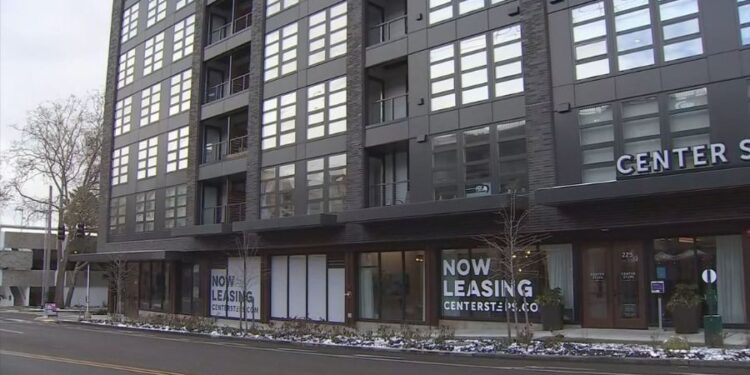In a statewide move to uphold newly enacted rent stabilization laws, Washington Attorney General Nick Brown has reached agreements with several landlords who had imposed rent hikes above legal limits. These settlements, affecting properties in more than a dozen cities, require landlords to cancel the increases and return excess rent collected from tenants.
The enforcement action comes in the wake of House Bill 1217, which was signed into law on May 7. This legislation places caps on how much rent landlords can raise for tenants under both the Residential Landlord-Tenant Act (RLTA) and the Manufactured/Mobile Home Landlord-Tenant Act (MHLTA). More than 250 households across Washington, spanning cities including Bothell, Vancouver, Puyallup, Yakima, and Lakewood, are reportedly impacted.
As part of the resolution, the landlords have agreed to formally retract rent increase notices and issue full refunds where applicable. The Attorney General emphasized the broader goal of the effort, stating that his office remains committed to addressing the housing challenges affecting residents throughout Washington. He noted that protecting tenants through this new law is just one of many steps being taken to ensure greater housing affordability and stability.
Supporters of the new law have applauded the Attorney General’s actions. State Representative Strom Peterson of Edmonds acknowledged that while the landlords involved made mistakes, the collaborative resolution with the Attorney General’s Office illustrates the law’s intended function. Similarly, Senator Emily Alvarado of West Seattle highlighted that the law is already serving its purpose by curbing aggressive rent increases and providing relief for families and seniors.
Still, not all lawmakers are aligned on the issue. Critics argue that HB 1217 may create unintended consequences. Senate Republican Leader John Braun warned that rent control measures often reduce the availability of affordable housing over time. Senator Keith Goehner echoed this sentiment, expressing concern that rent caps could discourage new housing development, limit landlords’ ability to maintain their properties, and foster underground market activity. Goehner described the legislation as a form of price control, suggesting it could follow a pattern of historical inefficacy.
Meanwhile, tenants who suspect their rent was raised in violation of the new law are encouraged to file complaints with the Attorney General’s Office. Legal avenues are also available for tenants who wish to assert their rights independently.







